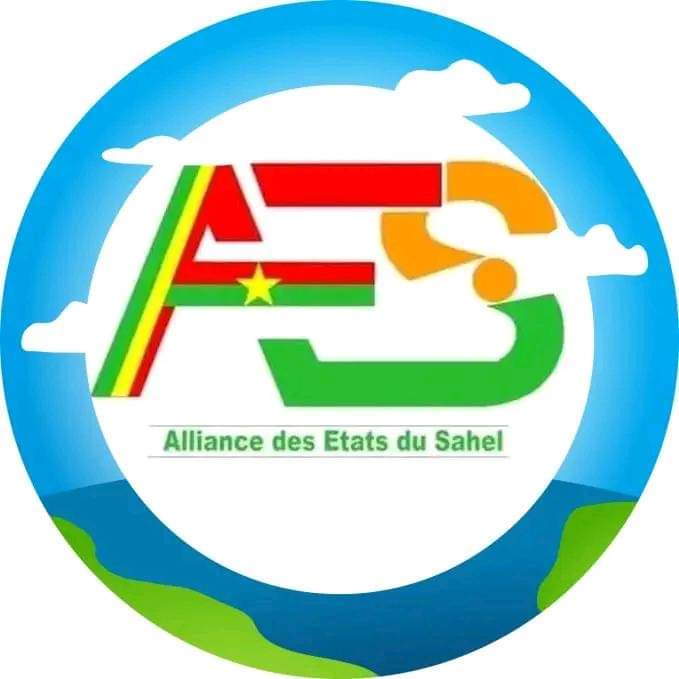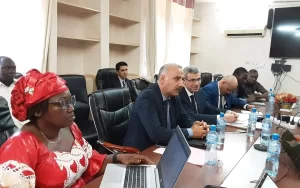Sahel: A look back at the creation of the Alliance of Sahel States (AES) and the benefits for Africa

The recent establishment of the Alliance of Sahel States (AES) by Burkina Faso, Mali, and Niger, coupled with their departure from the Economic Community of West African States (ECOWAS), has ignited profound discussions and assessments both domestically and across the continent. These pivotal developments are poised to fuel ongoing debates due to their far-reaching implications.
Beyond the immediate trio of nations, the formation of the Sahel States Alliance and their disengagement from ECOWAS hold broader implications for the entirety of Africa.
These actions stem from a shared acknowledgment among these nations that ECOWAS has encountered challenges in maintaining its relevance and efficacy, thus prompting the inception of the AES.
ECOWAS, as a venerable regional body, has historically played a pivotal role in fostering economic and political integration across West Africa.
However, the region’s multifaceted challenges, encompassing security threats, economic development hurdles, and governance complexities, have underscored the limitations of ECOWAS’s operational capacity.
The Alliance of Sahel States emerges as a strategic alternative, providing a platform for member states to address common challenges with a heightened degree of collaboration and synergy.
This novel entity offers a platform to craft tailored policies and strategies geared towards addressing the specific needs and nuances of the Sahel region, particularly in security enhancement, counter-terrorism efforts, and sustainable socioeconomic development.
One of the primary rationales articulated by Presidents GoÏta, Traoré, and Tiani of the AES in justifying their withdrawal from ECOWAS is the imperative to fortify sub-regional cooperation and assert control over their collective trajectory.
By consolidating within the AES framework, these nations aspire to collectively confront significant challenges, fostering a culture of solidarity and shared responsibility.
On a continental scale, the establishment of the Sahel States Alliance and the disengagement from ECOWAS signify a resolute commitment among African states to assume ownership of their affairs, uphold sovereignty, and collaborate towards a more auspicious future.
This paradigm shift underscores an evolving consciousness regarding national sovereignty and the imperative of crafting regional solutions to common challenges.
In essence, the genesis of the Alliance of Sahel States heralds an era of enhanced coordination in combating terrorism, fostering regional integration, and catalysing sustainable development across the Sahel region.
These historic decisions set the stage for intensified cooperation among Sahelian nations and augur greater autonomy in steering regional agendas and initiatives.
Manu DARE












